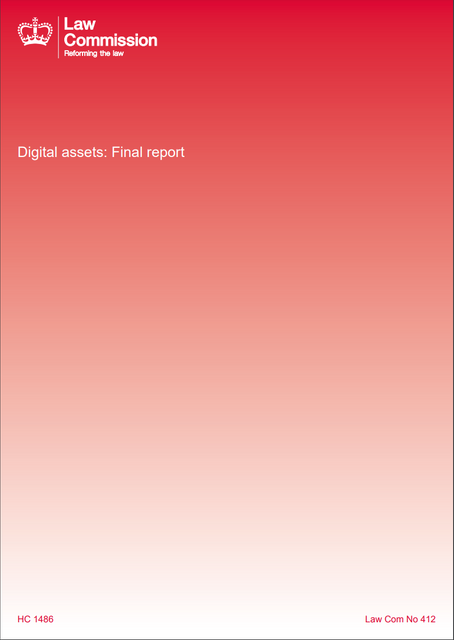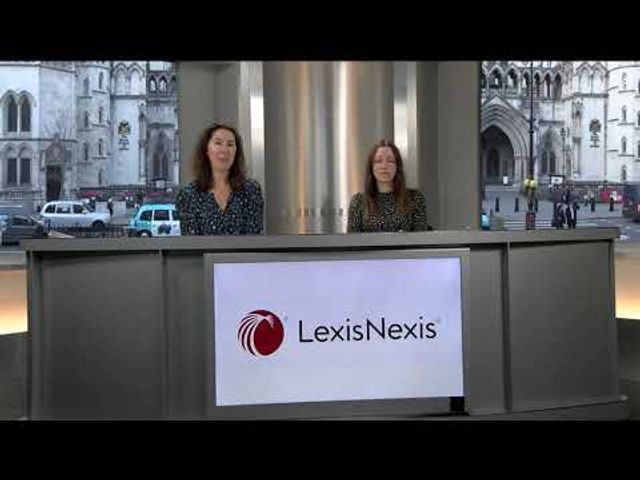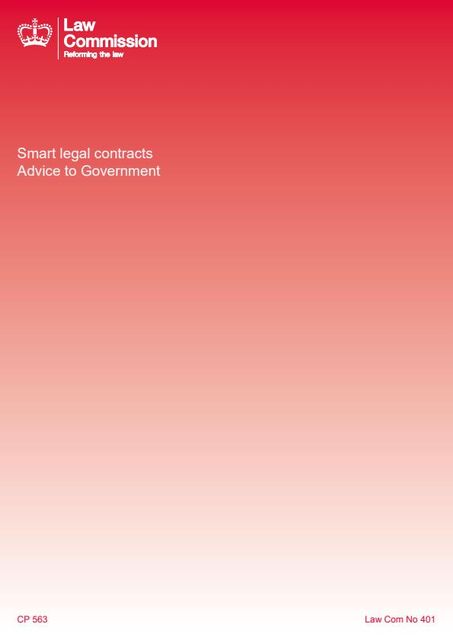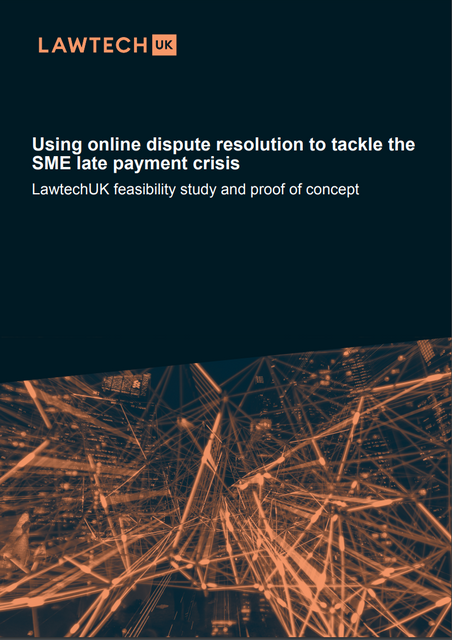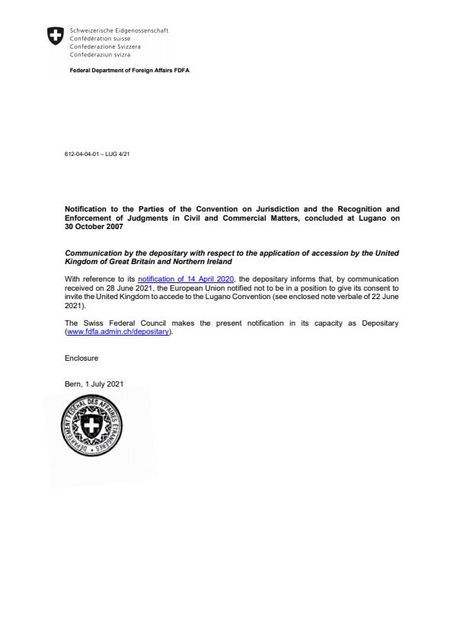The metaverse as an immersive digital world where users can live, socialise, work and play is an exciting advancement. But, just as disputes arise in ordinary life and business, disputes arise in the metaverse. The question is, will your metaverse dispute be resolved offline, via traditional routes, in a court or arbitration process, or online via a metaverse-specific dispute resolution procedure?
Traditional dispute resolution options
The English courts have shown themselves to be adept at resolving disputes that involve coded contracts and blockchain transactions. In Software Solutions Partners Ltd, R (on the application of) HM Customs & Excise [2007] EWHC 971, the court applied its usual “offer and acceptance” criteria to contracts entered into via pre-programmed software. In a variety of cases, the courts have granted proprietary injunctions to preserve cryptoassets. The English common law is sufficiently commercial and flexible to offer remedies in novel factual metaverse scenarios.
Therefore, where a particular dispute is governed by English law and jurisdiction (whether pursuant to the terms and conditions applicable or due to the nature of the dispute), the parties are likely to be in safe hands. A particular advantage is that interim relief is available through the English court, making freezing orders and injunctions available at short notice where appropriate.
A common alternative to court litigation is arbitration, which is a confidential procedure with greater procedural flexibility than litigation. Obtaining interim relief may be less straightforward than with court litigation. But, on the plus side, the cross-border enforcement of arbitral awards is facilitated by the New York Convention on the Recognition and Enforcement of Foreign Arbitral Awards.
With traditional dispute resolution options, the remedy awarded is likely to address the impact of the wrongdoing by compensating the parties in the real world, rather than in the metaverse.
New metaverse-focused dispute resolution options
But how about more cutting edge dispute resolution options? The UK Jurisdiction Taskforce published the Digital Dispute Resolution Rules in 2021. These rules allow for parties to submit disputes to arbitrators or experts for very swift decisions – sometimes within 30 days. The decision maker has the power to operate, modify or cancel any digital asset, including NFTs, enabling them to implement technical solutions to put things right. However, there may be practical issues with implementing these remedies in the context of immutable blockchain transactions.
What about a dispute resolution procedure that is coded into algorithms in use in the metaverse? This idea has gained traction, with some systems being programmed to send disputes to human decision makers who vote on decisions, with those decisions being implemented automatically via code. The advantage of this is the ability to obtain a swift remedy that is implemented in the metaverse. The downside is that these decisions could, depending on the process, be “rough and ready” and difficult to predict or challenge, so this is probably best suited to simpler disputes.
If coded dispute resolution procedures are to become commonplace, the quality of decision making will need to be ensured. Is there a role for AI here? Rather than simply sending disputes to lay human decision makers, decisions could be assisted or sense checked by AI systems trained on previous “correct” decisions. Of course, the use of AI in any decision making which impact humans should always be considered extremely carefully from a legal and ethical standpoint, but AI does have a potential role to play in the resolution of disputes on the metaverse in the future.
Conclusion
Given the variety of options available, and their various advantages and disadvantages, making the right choice in relation to governing law, jurisdiction and dispute resolution mechanisms in contracts relating to the metaverse is of paramount importance.
Where a metaverse dispute does not arise under a contract, or the contract in question does not address law, jurisdiction and dispute resolution mechanisms, there will be substantial uncertainty around which law and procedure applies to your dispute. As a result, at the outset of a dispute, it is advisable to take legal advice on these issues. This should enable you to establish the proper process for dispute resolution with a view to minimising satellite disputes around procedure and jurisdiction and encouraging sensible and dispute resolution of the issues.












